The European Astro Pi Challenge offers young people the opportunity to write computer programs that run on Raspberry Pi computers on board the International Space Station (ISS). There are two free, annual missions to participate in: Mission Zero and Mission Space Lab.
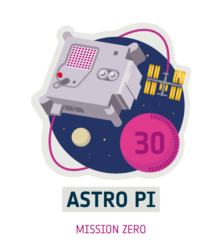
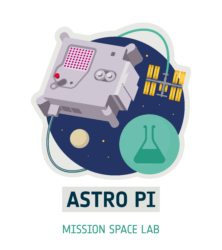
Sending your computer program to space is amazing already, and to inspire even more young people about this opportunity, we’re sharing some of the fascinating stories European Space Agency astronaut Matthias Maurer told last round’s Mission Space Lab team winners about his experiences on the ISS.
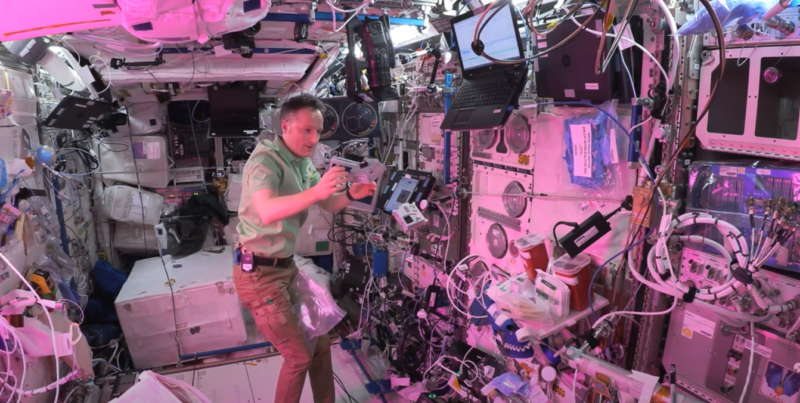
Last round’s winning Mission Space Lab teams were invited to a very special online session with Matthias, and he shared lots of thoughtful and surprising insights from his mission on the International Space Station. Here are three of the questions from the teams and what Matthias had to say:
1. Working together
Lots of the teams wanted to know about the practicalities of life on the ISS. Team Ad Astra from the UK asked “How did you and your crewmates ensure that you got on well together?” Matthias talked about how supporting each member of the team helps everyone work well together:
2. Talking to family
It was surprising to hear that the astronauts on the ISS have lots of opportunities to communicate with people on Earth. Matthias explained how the astronauts can keep in regular contact with their family while answering the question from Team Atlantes from Spain:
3. Cutting-edge technology
Team NanoKids asked Matthias about the technologies astronauts use on the ISS, and Matthias shared some fascinating glimpses into what tools help the astronauts in their surroundings:
Thank you to all the teams for these great questions. And thank you to Matthias for offering young people a peek into what life is like in space!
You can still get involved in this round of Astro Pi Mission Zero
We hope Matthias’ stories inspire lots of young people to take part in the European Astro Pi Challenge. Registration for this round of Mission Space Lab is closed, so why not sign up for news about the next round?
But it’s not too late for young people to get involved today and become part of space history. Astro Pi Mission Zero is still open for participation a little while longer — until 17 March.
Mission Zero is a beginner’s coding activity, so it’s really easy to get involved: young people just need a grown-up to register for them, and a computer with a web browser to participate. In Mission Zero, young people up to age 19 in eligible countries have the chance to send their own simple computer program into space to display a colourful image for the astronauts to see on the ISS.
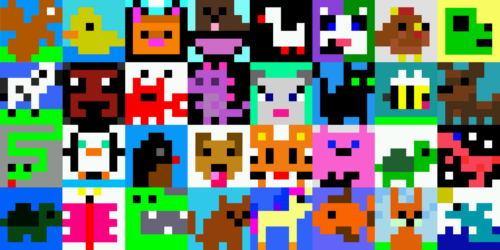
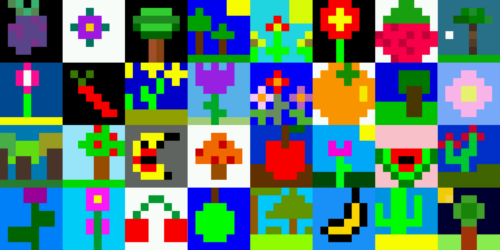
The one-hour Mission Zero activity comes with step-by-step instructions for young people to follow. No special equipment or coding skills are needed, and all eligible young people who follow the guidelines will have their program run in space. Every Mission Zero participants receives a certificate to show the exact time and the location of the ISS during their programs run, so they’ll have something to remember their stellar achievement.
The European Astro Pi Challenge is an ESA Education project run in collaboration with us here at the Raspberry Pi Foundation.
Website: LINK

